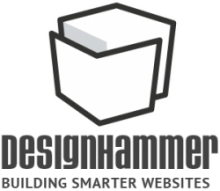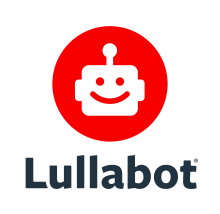Our websites are maturing into feature-rich publishing platforms, allowing collaboration across organizations and delivering content across multiple channels. But the out of the box publishing experience is fairly flat -- with content either published or not.
Content moderation is not a trivial feature. It’s a big responsibility to write software that dictates how someone works. Workflows should be a reflection of your individual creative processes. Creating interfaces that are too rigid or don’t allow collaboration will stifle good ideas and accidentally impose an unwanted layer of governance.
This session will explore common offline/institutional workflows and how they map to functions of the Drupal CMS. We will discuss the lifecycle of content from concept to published copy and look at ways to manage content as it moves through the roles of your institution. Topics include:
-
Moderation: Defining states and transitions that match the roles of each stakeholder.
-
Dynamic Permissions: Changing access rules based on content state, history, and ownership.
-
Revisioning: Reviewing, purging, and diffing sets of content changes.
-
Notifications: Sending messages to stakeholders on content transition.
-
Dashboards: Developing interfaces and reports based on content states and the roles of your team.
We will look at real-life workflows inspired by client work, including a publications workflow, a job application website, and a tech-support ticketing system. Finally, we will discuss the benefits of centralizing your content management processes, leveraging features of Drupal over getting lost in a mess of spreadsheets and emails.
Schedule Overview
Friday, October 18
Concurrent Sessions | 8:00 AM - 5:00 PM
View the ScheduleAfter-Party | 5:30 PM - 7:00 PM
We get together to enjoy some food, beverages and great conversations with other Drupalers.
Register Here



